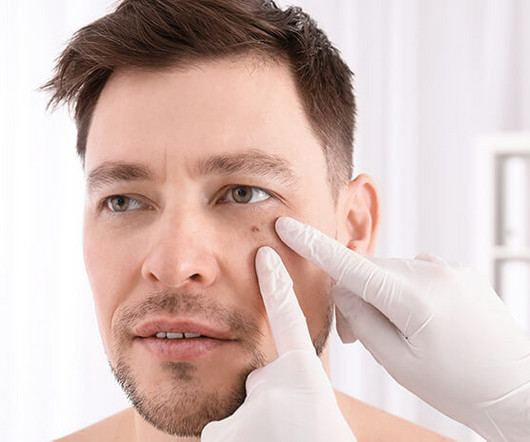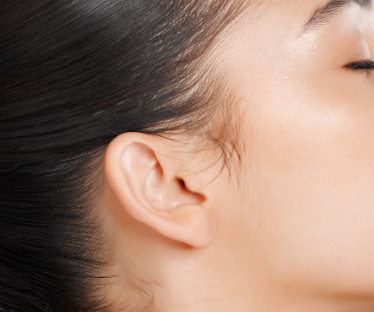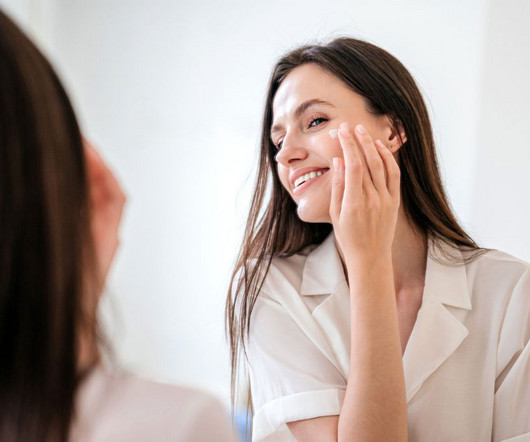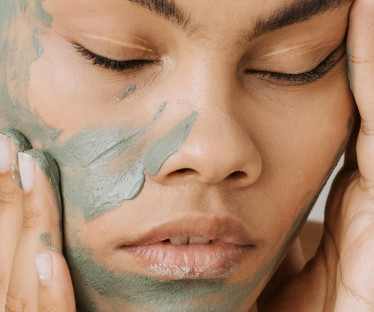Skincare for Menopause
Les Nouvelles Esthetics & Spa
JUNE 1, 2024
It often leads to dryness due to decreased collagen production and loss of skin elasticity. But when menopause hits and estrogen levels decrease, we start seeing less collagen production and a reduction in skin elasticity. Remember, the drop in estrogen production compromises collagen production.





















Let's personalize your content